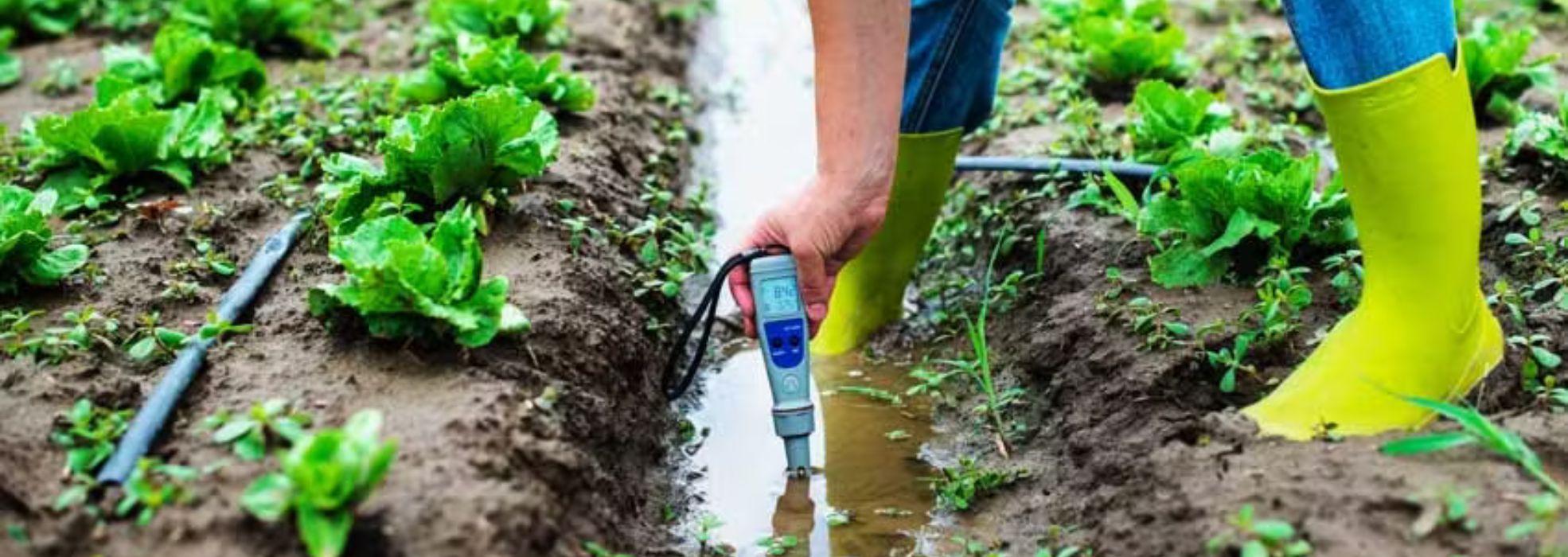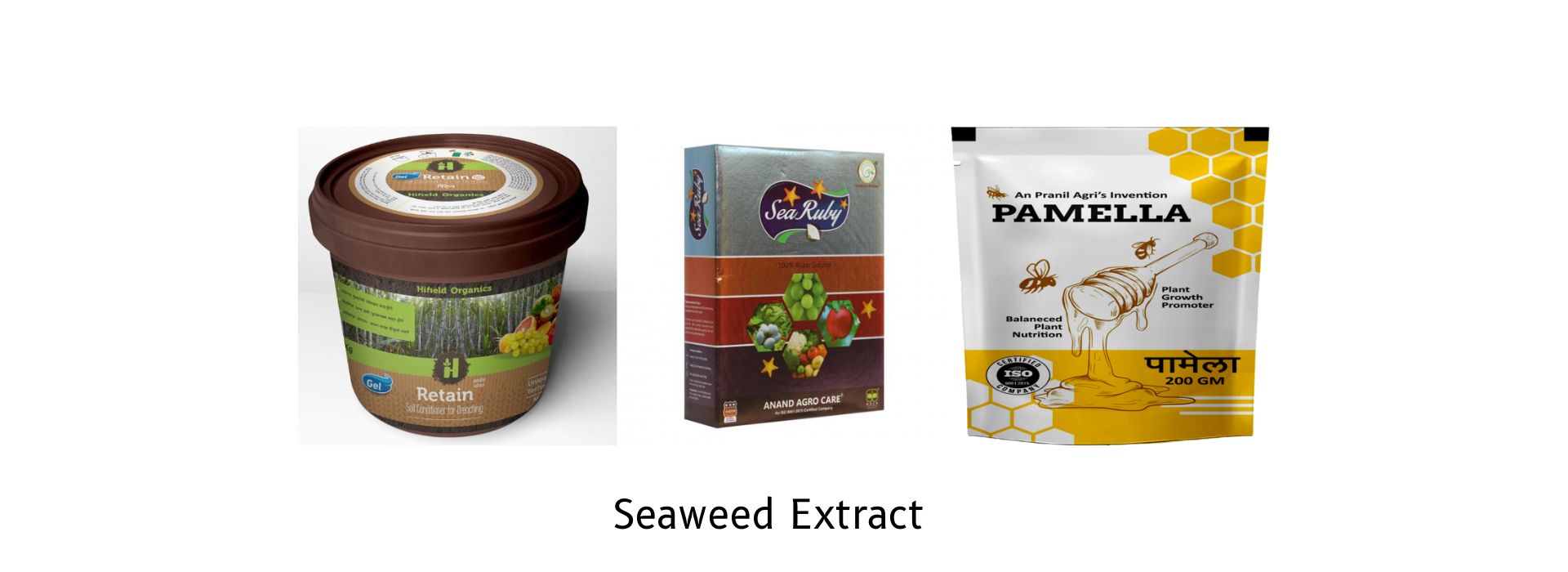The Crucial Role of pH in Agricultural Success: Navigating the Waters for Optimal Crop Growth
January 25, 2024In the intricate dance of factors that contribute to successful agriculture, the pH level of water plays a pivotal role. The acidity or alkalinity of water, commonly referred to as pH, profoundly influences soil health, nutrient availability, and overall crop productivity. In this blog, we will delve into the significance of water pH in agriculture, exploring its impact on crops and offering insights into maintaining an optimal pH balance for thriving agricultural practices.
Understanding pH: pH is a measure of the acidity or alkalinity of a solution, ranging from 0 to 14, with 7 being neutral. Values below 7 indicate acidity, while values above 7 signify alkalinity. Most crops thrive in slightly acidic to neutral conditions, with a pH range of 6 to 7.5 being ideal for many common crops.
The Impact of Water pH on Soil: Water used for irrigation directly affects the pH of the soil it nourishes. When acidic water is applied to alkaline soil, or vice versa, it can alter the soil's pH, affecting nutrient availability. This, in turn, influences plant growth and overall crop yield.
Nutrient Availability: Nutrients essential for plant growth, such as nitrogen, phosphorus, and potassium, are affected by the pH of both water and soil. Imbalances in pH can lead to nutrient deficiencies or toxicities, hindering the plant's ability to absorb essential elements. Regular monitoring of water pH helps farmers make informed decisions about fertilization, ensuring optimal nutrient availability for crops.
Managing Water pH for Agricultural Success:
Water Testing: Regularly test the pH of irrigation water using a pH meter or pH testing kits. This provides crucial information about the water's acidity or alkalinity, allowing farmers to make informed decisions about its application.
Adjusting pH: Based on water test results, adjust the pH as needed. Agricultural lime can be added to raise pH, while sulfur or acidifying agents can be used to lower pH. Careful calibration is essential to avoid overcorrection.
Drip Irrigation Systems: Consider implementing drip irrigation systems that allow for precise control over the pH of water applied to crops. These systems can be equipped with pH adjustment mechanisms to fine-tune the water before it reaches the soil.
At krishibazaar.in, you can find and buy various agricultural products. For agricultural guidance on selecting the most suitable products for your crops, please contact or WhatsApp at +917887880887.






Guest reviews
No reviews found for this Blog